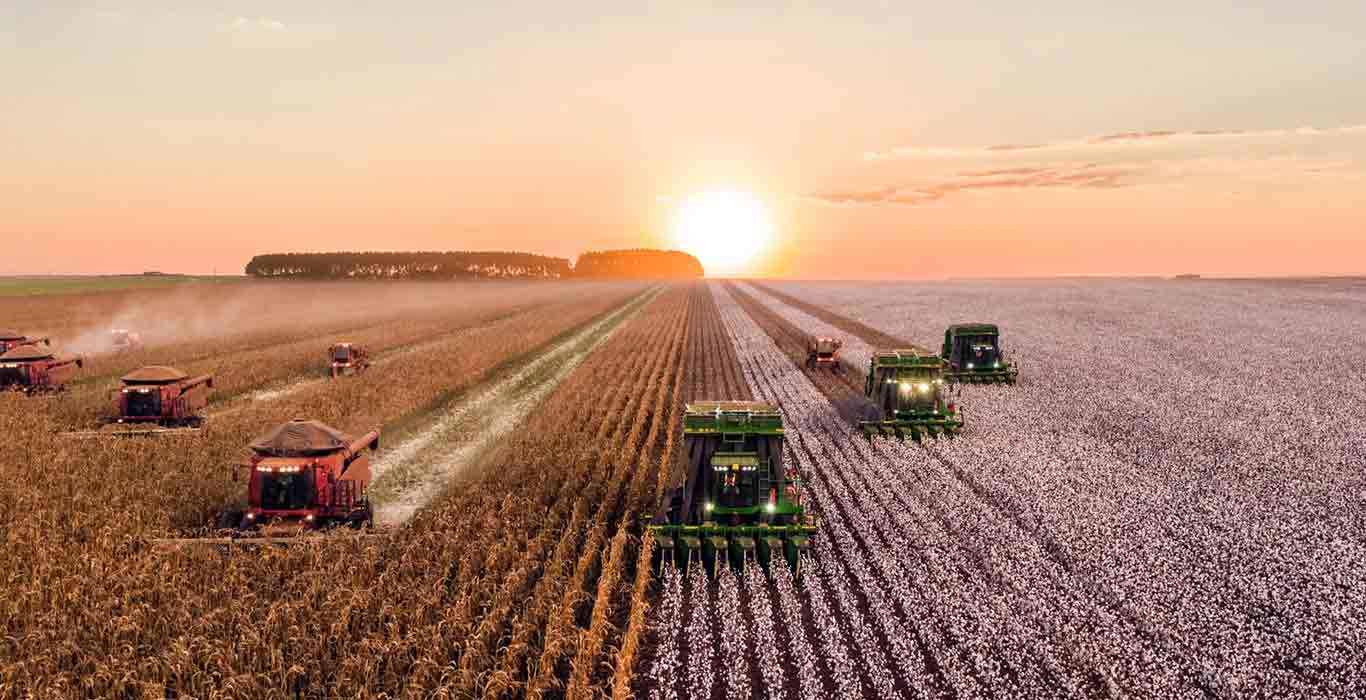Welcome To ChemAnalyst

USA: The price of Wheat is likely to climb after the 'Bomb Cyclone' gush, which has largely impacted the harvest of grains, including Wheat, in the US. From Washington state through Maine and all the way down to the Gulf of Mexico, there are warnings for snow, blizzards, freezes, and floods. In the most recent blow to American food supplies, extreme cold from Texas to the Dakotas is putting crops, animals, and rail lines in peril.
Snow, ferocious winds, and temperatures well below freezing have imperiled dormant hard red winter Wheat harvests over the American Great Plains, particularly where a lack of snow cover makes the plants sensitive to the cold. The risk of winterkill combined with the already unfavorable circumstances from a dry fall will probably reduce the yield the following spring. When conditions fall so drastically, it is not easy to turn things around and return to the actual Wheat price trend.
Farm equipment is at risk of failing due to record-low temperatures, and cow herds are susceptible to freezing. The Plains' bitter weather is increasing the risk of "winterkill" for Wheat harvests, which are already stressed after a protracted drought. Despite the fact that the arctic cold will probably only last a few days, depending on the severity of the damage, the effects on food prices, including Wheat and other grains, could continue much longer. That is at a time when the world is already suffering from persistent food inflation as a result of war, climate change, and supply-chain snarls that have disrupted supplies over the past year in the domestic market of the US.
According to the ChemAnalyst database, prices for Wheat are anticipated to rise as the largest concern for grain growers is a protracted severe cold spell without snow to protect the crops, either due to high blizzard winds sweeping it away or freezing temperatures without precipitation.
We use cookies to deliver the best possible experience on our website. To learn more, visit our Privacy Policy. By continuing to use this site or by closing this box, you consent to our use of cookies. More info.
